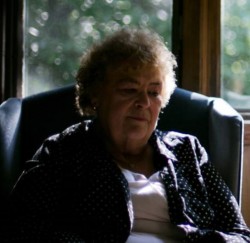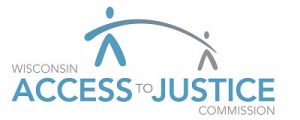 For years, Judy Woller slept facing the bedroom door, listening for the click of a gun being cocked. Woller’s husband objected to her spending time with other people and became upset when she wouldn’t quit her job or stop going to church. Over time, his anger escalated and he threatened to kill her and their children while they slept.
For years, Judy Woller slept facing the bedroom door, listening for the click of a gun being cocked. Woller’s husband objected to her spending time with other people and became upset when she wouldn’t quit her job or stop going to church. Over time, his anger escalated and he threatened to kill her and their children while they slept.
“When I left my husband in 1978, I did not know of any resources to help. I was fortunate to have friends in a nearby town who took me and my two children in,” Woller said. “My parents felt I was wrong to leave him. They would not support me in my decision, believing that you should only marry once, for life.”
Woller eventually divorced her husband and was granted custody and placement of their children. She remarried, had another child, and began volunteering at Household Abuse Victims Emergency Network (HAVEN), a shelter for domestic abuse survivors in Merrill, Wisconsin. She is now the executive director of HAVEN. In late 2013, her story was recounted as part of a New York Times digital feature entitled “Gun Country.”
HAVEN’s primary focus is empowerment. “We do our best to provide our clients with the most comprehensive case management possible,” said Woller. “This includes safety planning, supportive listening and validation of their experiences, information and referrals to other community resources, and lots of education about the dynamics and effects of abuse. We assist with legal, housing, medical and other types of advocacy to ensure clients are able to access resources which will help them become more independent. Throughout all of this, we let the client know that she is strong, competent and able to achieve whatever goals she sets for herself.”
Many of HAVEN’s clients need legal assistance but can’t afford an attorney. HAVEN refers some clients to Wisconsin Judicare and helps others with filling out paperwork, filing it with the court, and ensuring proper service. Staff provides information about the court process and will accompany clients to court hearings to provide support but they can’t act as attorneys to represent victims. Resource limitations at legal aid organizations like Wisconsin Judicare, mean that not all clients can get the level of legal assistance that they need to remain safe and move on with their lives. The Access to Justice Commission hopes to change that situation by once again asking the Wisconsin Legislature to support targeted funding for civil legal services to abuse victims in the next biennial budget.

